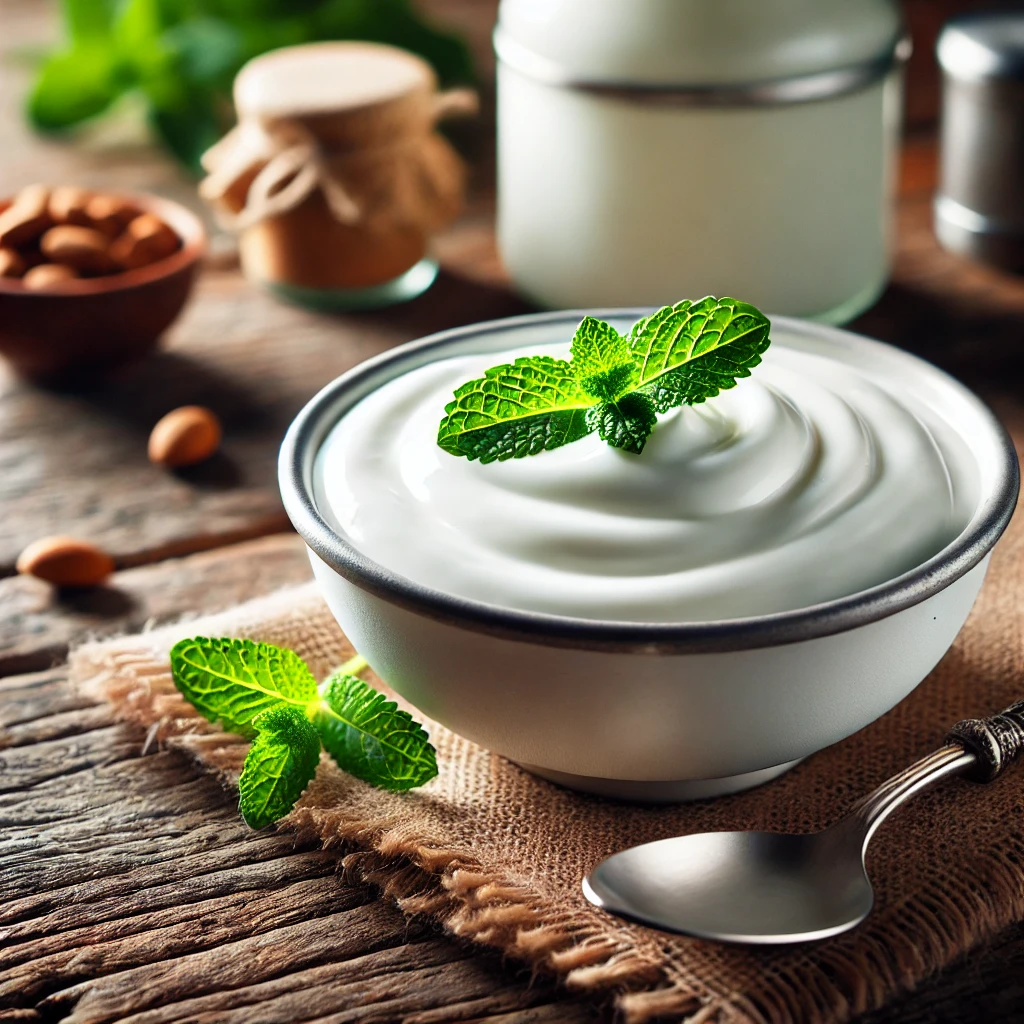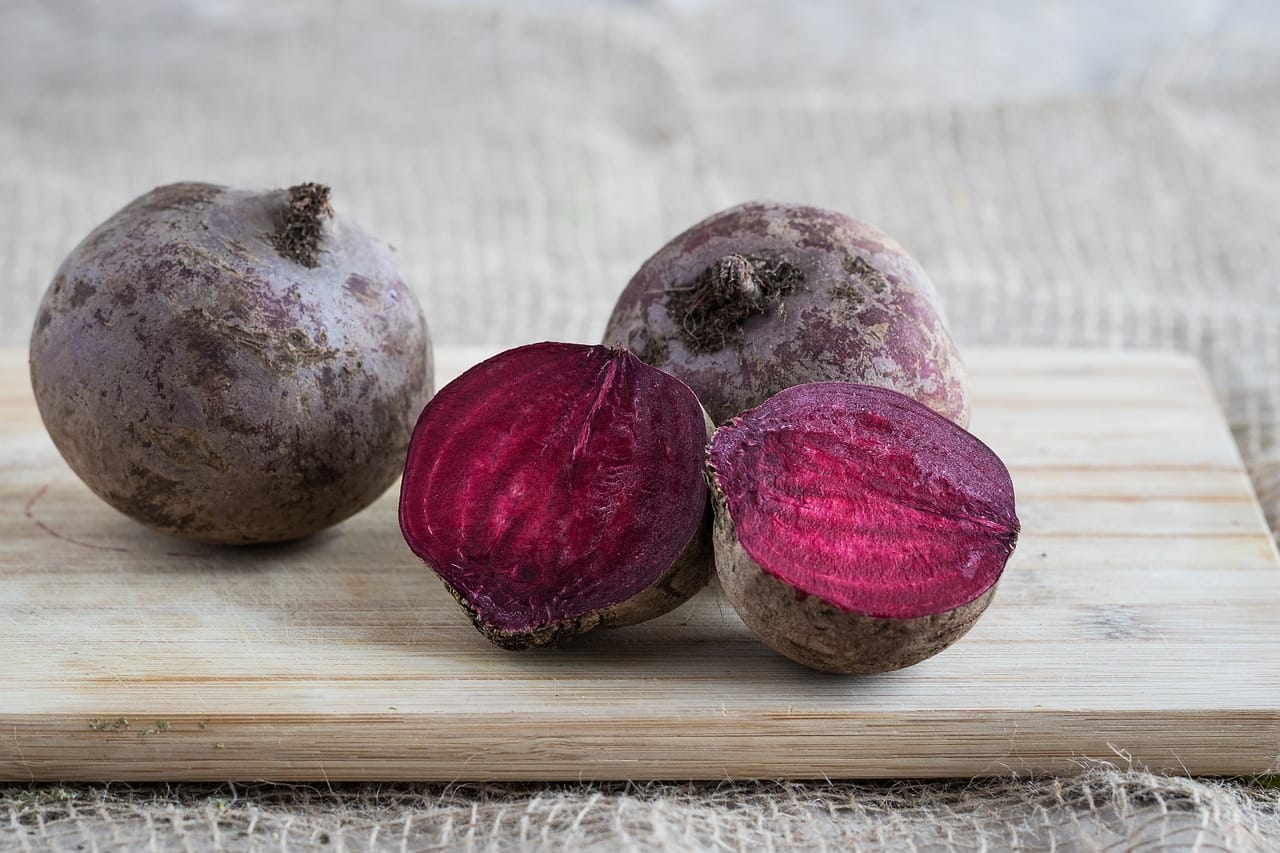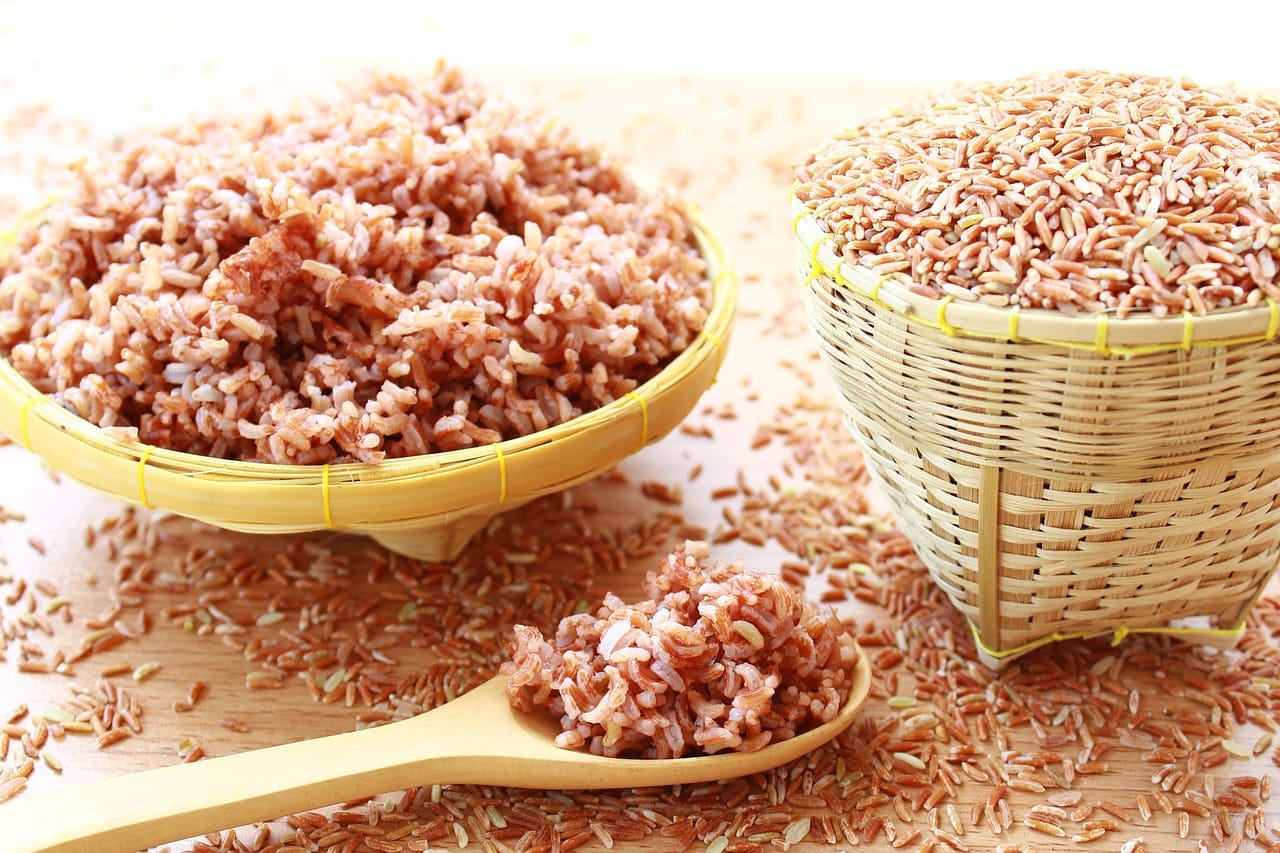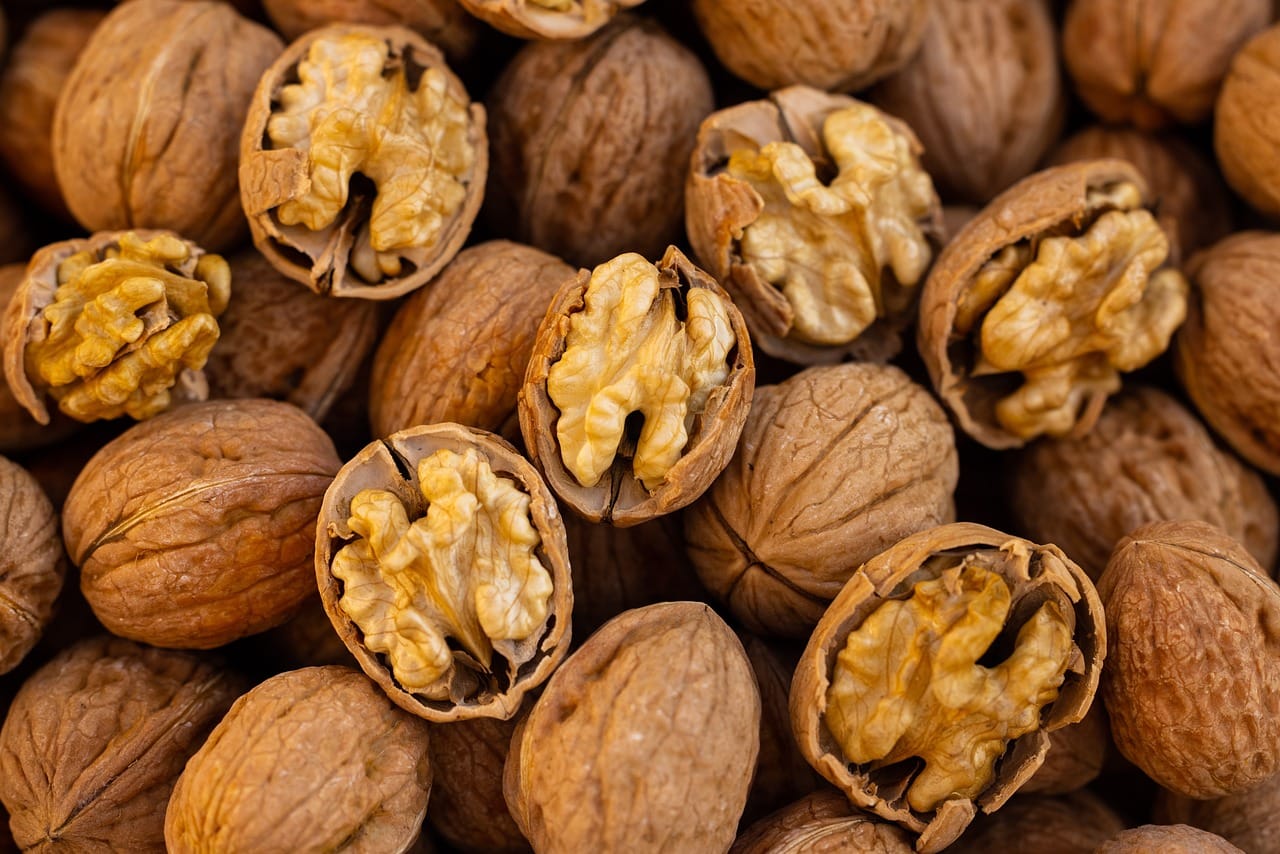Garlic has been a culinary and medicinal staple for thousands of years, valued for its intense flavor and numerous health benefits. Known scientifically as Allium sativum, garlic is rich in bioactive compounds that support immunity, heart health, and more. This blog explores the powerful health benefits, nutritional profile, and versatile uses of garlic, making it an essential part of a balanced diet.
Table of Contents
What is Garlic?
Garlic belongs to the onion family, along with onions, leeks, and shallots. The potent aroma and flavor of garlic come from sulfur compounds, particularly allicin, which is released when garlic is chopped or crushed. Garlic is typically used in small amounts to add depth to savory dishes, but its health benefits make it worthy of daily inclusion.
Health Benefits of Garlic
- Boosts Immune System
Garlic is packed with antioxidants that protect against oxidative damage, making it effective for fighting off common infections, colds, and flu. Regular consumption has been shown to reduce the severity and duration of colds. - Improves Heart Health
Garlic helps reduce blood pressure, cholesterol levels, and triglycerides, all of which are beneficial for heart health. Its compounds help relax blood vessels, improving circulation. - Anti-Inflammatory Properties
Garlic’s sulfur compounds have anti-inflammatory effects that help reduce inflammation in the body, which is beneficial for those with arthritis or other inflammatory conditions. - Lowers Blood Pressure
Garlic has been shown to relax blood vessels, reducing blood pressure in individuals with hypertension. This effect is especially beneficial for those at risk of heart disease and stroke. - Supports Brain Health
Antioxidants in garlic support brain health by fighting free radicals that contribute to cognitive decline. Studies suggest it may reduce the risk of diseases like Alzheimer’s and dementia. - Natural Detoxifier
The sulfur compounds in garlic support the liver’s detoxification process, helping eliminate toxins and heavy metals from the body. - Improves Bone Health
Garlic may increase estrogen levels in women, which can improve bone health and potentially reduce the risk of osteoporosis. - Aids Digestion
Garlic stimulates digestion by promoting the production of digestive enzymes. Its prebiotic properties support gut health by encouraging beneficial bacteria. - May Prevent Certain Cancers
Studies suggest that garlic’s sulfur compounds can reduce the risk of cancers, especially those affecting the digestive system, such as stomach and colon cancer. - Fights Bacterial and Fungal Infections
Garlic has strong antimicrobial properties that help combat bacterial, fungal, and even viral infections. It is effective against ailments like fungal skin infections and respiratory infections. - Regulates Blood Sugar
Garlic may help regulate blood sugar levels by improving insulin sensitivity, which can be beneficial for those with type 2 diabetes. - Promotes Skin Health
Garlic’s antioxidants can help reduce acne, scars, and skin infections. Topical application of diluted garlic can improve skin health, but it should be done with caution to avoid irritation.
Nutritional Value of Garlic (Per 1 Clove, 3g)
| Nutrient | Amount per 1 clove (3g) |
|---|---|
| Calories | 4 |
| Carbohydrates | 1g |
| Protein | 0.2g |
| Fat | 0g |
| Fiber | 0.1g |
| Vitamin C | 1mg |
| Selenium | 0.4mcg |
| Manganese | 0.1mg |
| Calcium | 5mg |
| Iron | 0.05mg |
Though garlic is used in small amounts, it is rich in essential minerals and vitamins, particularly vitamin C, manganese, and selenium, which contribute to its many health benefits.
How to Use Garlic in Everyday Cooking and Wellness
- Raw Garlic
For the maximum health benefits, garlic can be eaten raw. Crushing or chopping raw garlic and letting it sit for a few minutes allows allicin, the primary bioactive compound, to form. Mix it into salad dressings, salsas, or dips for a pungent flavor. - Garlic Oil
Garlic-infused oil is a flavorful addition to dressings and marinades. It captures garlic’s taste and provides its health benefits without the intense bite. - Roasted Garlic
Roasting garlic softens its flavor and makes it slightly sweet, making it an ideal spread for bread or an addition to mashed potatoes. - Garlic in Stir-Fries
Garlic is a staple in stir-fries, providing depth of flavor and an aromatic touch to vegetables, meat, or tofu. - Garlic Tea
Garlic tea can provide immune support and relieve congestion. Simply simmer garlic cloves in water and add honey and lemon for taste. - Garlic Powder
Garlic powder is a convenient way to add garlic’s flavor to dishes without the prep. Use it in soups, marinades, and rubs. - Homemade Garlic Butter
Mix minced garlic with butter for a delicious spread that can be used on bread, pasta, or vegetables. - Garlic Supplements
For those who find garlic’s taste too strong, garlic supplements provide its benefits in a more manageable form. Look for high-quality supplements that contain allicin for maximum benefit. - Soups and Stews
Garlic is a flavor-enhancing staple in soups, broths, and stews, adding depth and nutritional value to comfort food. - Pasta Sauces
Garlic is essential in Italian cuisine, especially in pasta sauces like marinara and aglio e olio. It’s a great way to add boldness to pasta dishes. - Topical Use for Skin
Garlic can be applied to the skin to reduce acne and infections, but it should be diluted with a carrier oil to prevent irritation. Consult with a dermatologist before applying it directly to sensitive skin. - Pickled Garlic
Pickled garlic is a mild and tangy option that can be used in salads, charcuterie boards, and sandwiches for a unique flavor twist.
Summary Table of Garlic Benefits
| Health Benefit | Explanation |
|---|---|
| Boosts Immunity | Helps fight infections and reduces the severity of colds. |
| Heart Health | Lowers cholesterol and improves blood circulation. |
| Anti-Inflammatory | Reduces inflammation, beneficial for arthritis and joint health. |
| Lowers Blood Pressure | Relaxes blood vessels, beneficial for hypertension. |
| Brain Health | Fights oxidative damage, reducing risk of cognitive decline. |
| Detoxification | Supports the liver in removing toxins and heavy metals. |
| Bone Health | Improves estrogen levels, supporting bone health. |
| Digestive Aid | Stimulates digestive enzymes and supports gut health. |
| Cancer Prevention | May lower risk of certain cancers, especially of the digestive system. |
| Antimicrobial | Fights bacterial, fungal, and viral infections. |
| Regulates Blood Sugar | Helps with insulin sensitivity and blood sugar regulation. |
| Skin Health | Reduces acne and skin infections, supports healthy skin. |
Choosing the Best Garlic and Storage Tips
Opt for fresh garlic bulbs that are firm, plump, and have dry, papery skin. Avoid bulbs with soft spots or sprouts, as they may be less fresh. Store garlic in a cool, dry place for optimal shelf life, and avoid refrigerating it to prevent sprouting.
Final Thoughts
Garlic’s health benefits and culinary versatility make it a powerful addition to any diet. Whether you’re using it to add flavor to dishes, boost immunity, or even support skin health, garlic is a simple yet effective way to improve overall well-being. Enjoy it raw, roasted, or as part of a hearty meal to take advantage of its numerous health-enhancing properties.
With its unique, pungent taste and broad range of health benefits, garlic is truly a superfood that deserves a place in every kitchen and wellness routine.













Leave a Reply